|
|
|
|
Nau mai haere mai and welcome to Budget’s eve.
This will be Grant Robertson’s second ‘Well-being Budget’ and in many ways represents his big opportunity to reboot 2019’s original vision. While an admirable attempt to introduce social imperatives to economic policy, that first attempt ran headlong into COVID-19 and all bets were off.
This time, as author Kate Prickett lays out clearly, Robertson is not only making up for the failure of previous governments to lift more children out of poverty, but is now faced with the pandemic having exacerbated or entrenched many of those lingering inequities.
In particular, the impact on women and mothers has been significant, and all eyes are on Thursday’s Budget to see what it offers those most in need. And look out for our Budget day coverage from a panel of experts, and more in-depth analysis in the following days.
There is plenty more to read in this newsletter and on our homepage, including the latest survey results that show racism is on the rise in New Zealand, an in-depth exploration of trade and investment agreements and the fascinating news that some plants can form social colonies similar to
beehives.
Thanks as always for your support and readership. Until next time, mā te wā and all the best.
|
Finlay Macdonald
New Zealand Senior Editor & NZ Editor: Politics, Business + Arts
|

|
|
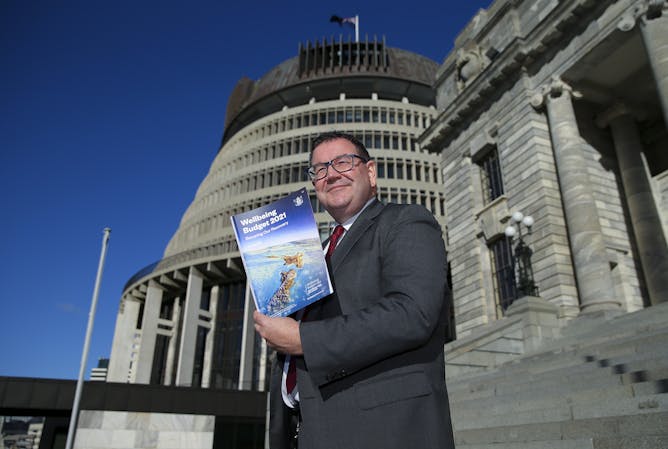
Finance Minister Grant Robertson with a copy of Budget 2021.
GettyImages
Kate C. Prickett, Te Herenga Waka — Victoria University of Wellington
The economic and emotional impact of COVID-19 has not been shared equally. Now is the time to start rebalancing that burden.
|
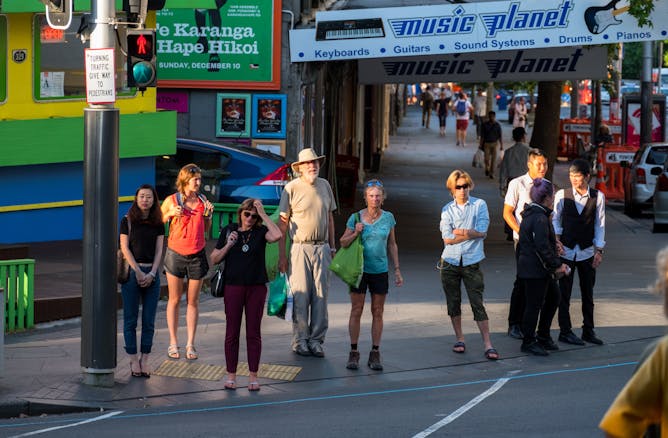
Shutterstock/Chingfoto
Jagadish Thaker, Massey University
About half of New Zealand's Māori, Pasifika and Asian populations reported experiencing more racism and discrimination since the COVID-19 pandemic, compared to about a third of European New Zealanders.
|
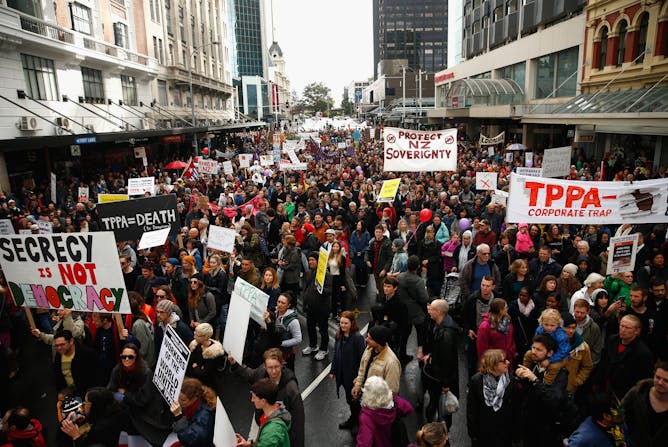
Anti-TPPA protesters march down Auckland’s Queen Street in 2015.
GettyImages
Jane Kelsey, University of Auckland
More countries, including a post-Brexit UK, are looking at joining the CPTPP free trade agreement. But the secrecy around negotiations makes serious analysis virtually impossible.
|

Nathalie Collins, Edith Cowan University
Social media algorithms are akin to a licence to promote junk food or tobacco to children.
|

Shutterstock/AVN Photo Lab
Ralph Sims, Massey University
Natural gas may still be cheaper than electricity in some cases, but the price of gas is likely to rise if New Zealand follows the Climate Change Commission's advice to shift to electrification.
|
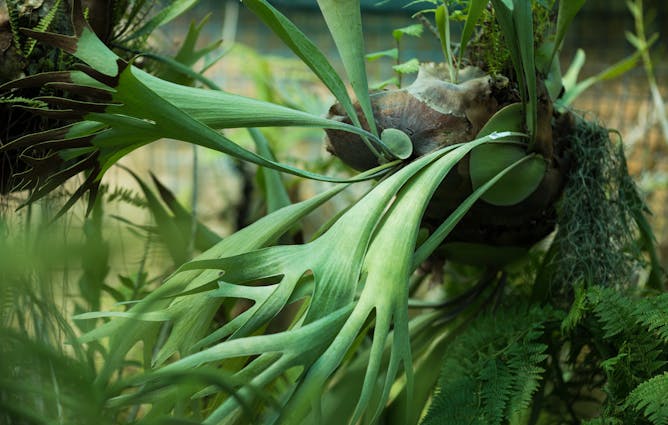
Shutterstock/Florist_Yana
Kevin Burns, Te Herenga Waka — Victoria University of Wellington
A colony-building fern that grows in treetops on Lord Howe Island has adopted a lifestyle similar to social insects, turning our understanding of the evolution of biological complexity on its head.
|
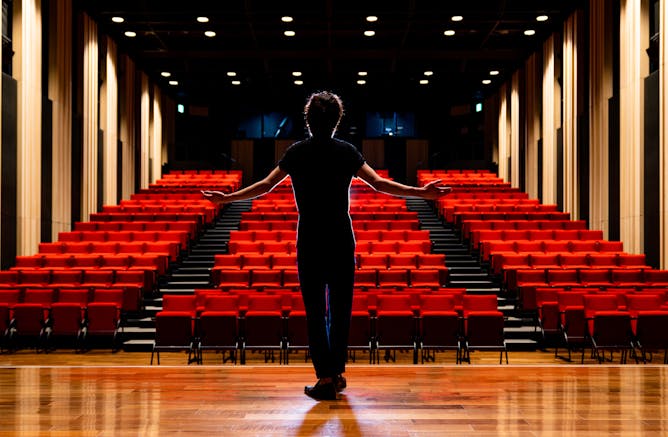
Shutterstock
Mark Harvey, University of Auckland
Investment in the arts is also an investment in economic growth, health and well-being – but arts practitioners won't be holding their breath at budget time.
|
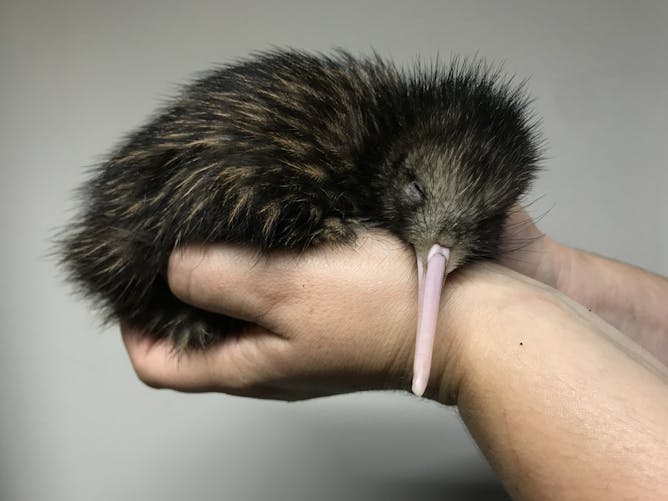
Willowbank Wildlife Reserve
Isabel Castro, Massey University; Gillian Gibb, Massey University; Tom Doig, Massey University
Kiwi are often moved between fragmented populations to limit inbreeding, but without sufficient genetic screening, this risks doing more harm than good.
|
From our international editions
|
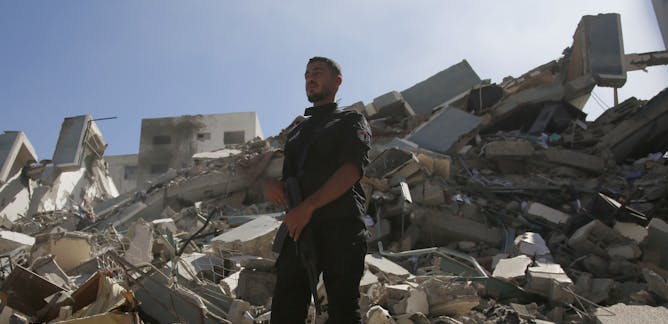
Amy Maguire, University of Newcastle
Despite the International Criminal Court opening an investigation into potential war crimes dating back to 2014, legal accountability will likely remain elusive.
| |
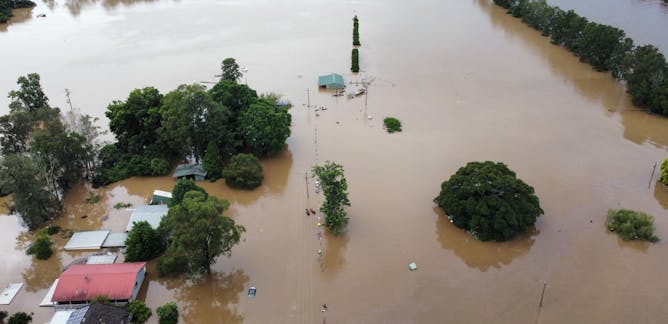
Mehmet Ulubasoglu, Deakin University
To understand the different economic impacts of natural disasters, we looked at 47 major floods and 36 major bushfires in Australia.
|

James L. Gelvin, University of California, Los Angeles
The fighting between Israelis and Palestinians grew quickly and ferociously after being ignited by a conflict in an Arab part of Jerusalem. Why did things go so bad so quickly?
| |
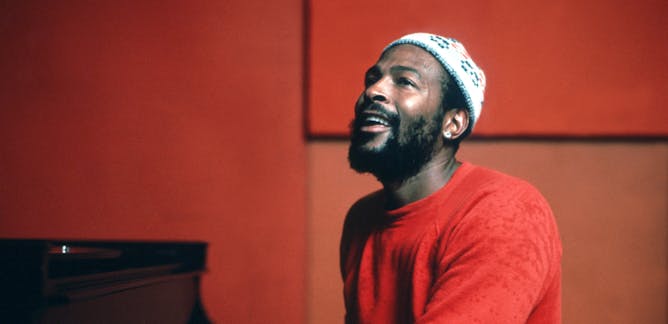
Tyina Steptoe, University of Arizona
Released at the height of the Vietnam War, Marvin Gaye's hit-heavy album explored themes of race, environmentalism and conflict. It also marked a new direction for the Motown record label..
|
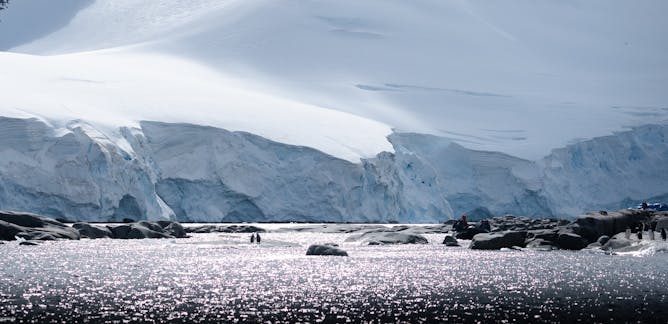
Julie Brigham-Grette, University of Massachusetts Amherst; Andrea Dutton, University of Wisconsin-Madison
If emissions continue at their current pace, Antarctica will cross a threshold into runaway sea rise when today’s kids are raising families. Pulling CO2 out of the air later won't stop the ice loss.
| |
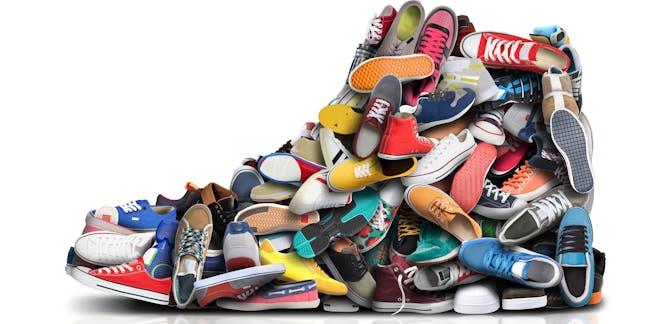
Naomi Braithwaite, Nottingham Trent University
As sneakers have gone from sportswear to fashion item, the market for the shoe has exploded.
|

Sophie Chao, University of Sydney
Biak inhabitants fear a new space project of Elon Musk, if it goes ahead, will damage their environment, cultures and livelihoods, and potentially displace local communities.
| |
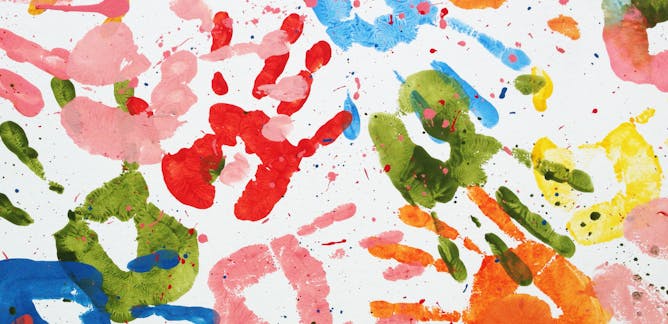
Michael Maser, Simon Fraser University
Insights of neuroscientist Ian McGilchrist, philosopher Nel Noddings and physicist Ursula Franklin help centre students and our collective future in debates about education and technology.
|
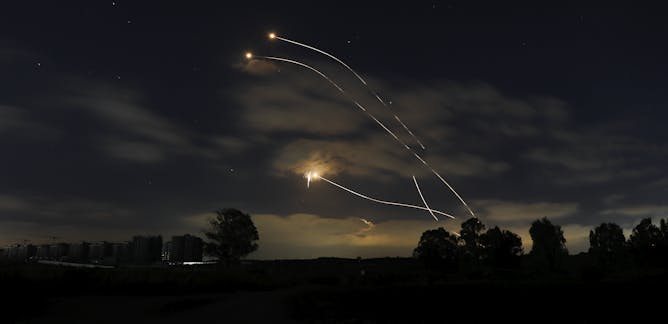
Michael J. Armstrong, Brock University
Improved rocket technology and tactics have made the ongoing Gaza-Israel conflict different from the one in 2014. Israel’s defences have been stressed.
| |
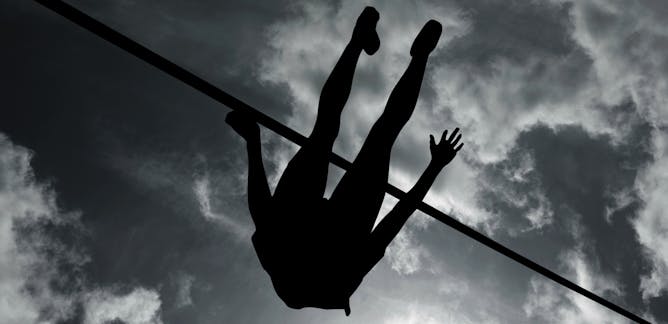
Ine Van Caekenberghe, Ghent University
Gusimbuka athletes could jump very high, probably due to their inherent talent, which was recognised early and developed further.
|
|
|
| |
| |
| |
| |
| |
| |
|
|
|
|
|
|
|